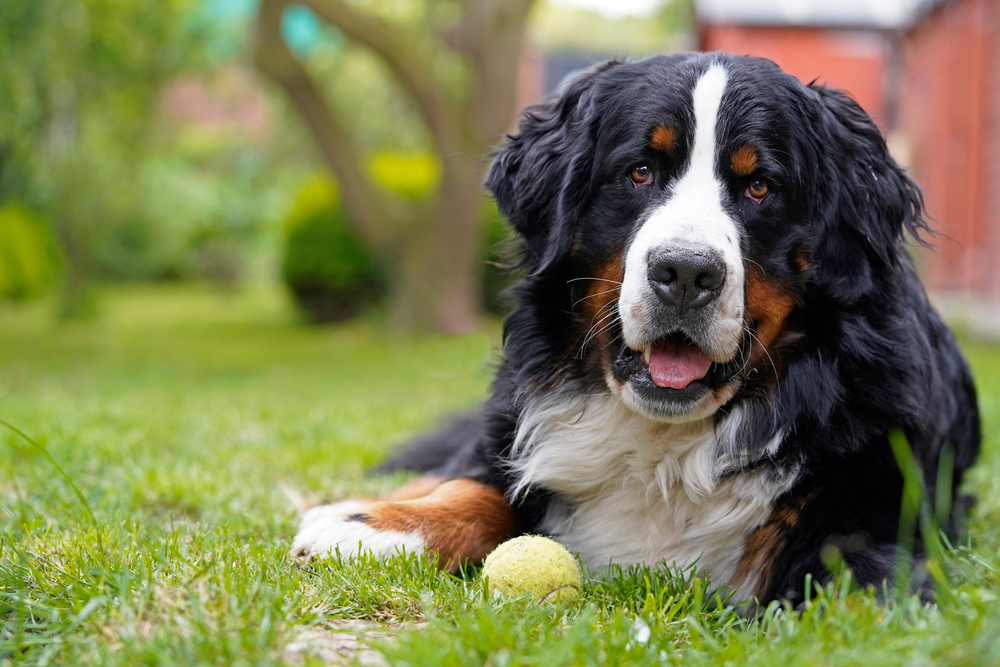

Aging is a part of life not just for humans but for animals as well. At some point, your little puppy will become an old dog. As a pet owner, you need to understand that your pet’s needs will change over time. Senior pets have different requirements when it comes to caring. Your pet may begin to experience less mobility, poor eyesight, and reduced hearing. Knowing what your pet requires as he or she ages will help you to provide the best care.
Identifying Signs of Aging
It is important to know that different animals age differently. This means that one dog may be considered senior at a particular age while another is still young. The breed and individual traits will determine when the dog becomes old. You need to know how to identify aging signs in your pet. This will allow you to take the necessary steps to ensure that your pet remains healthy.
The Aging Process
As your dog becomes older, he or she will have less energy and might develop hearing problems and cataracts. The organs may also stop working adequately. This means that the dog is at a higher risk of becoming obese and developing diabetes, liver, or kidney disease. Remember, genetics and your pet’s lifestyle will play a huge role in the aging process.
Age-Appropriate Healthy Diet
Senior dogs will require additional care to keep them healthy. You need to start doing some things differently when it comes to diet, exercise, and healthcare. Consuming a balanced diet will help to keep your pet healthy.
An age-appropriate diet will help ensure that the dog does not develop obesity. To prevent weight gain, look for food that is designed for senior dogs. If your pet suffers from any health condition, talk to your vet about the most appropriate diet.
Ensuring Regular Exercise
Your dog may have less energy but that does not mean that you should allow him or her to be completely inactive. Regular exercise will help in maintaining an ideal weight. Talk to the vet about an exercise program that is ideal for your pet. Remember, your pet has some limitations when it comes to what he or she can do so start slow and be patient.
Regular Visits to the Vet
Regular health checks are essential for senior pets. As your dog ages, he or she may begin to develop different health complications. The immune system becomes weaker and this predisposes him or her to different ailments. A regular checkup every six months is recommended for older dogs. This will allow the vet to detect any issues and provide appropriate treatment. You should also keep up to date with vaccinations and parasite protection.
Provide Regular Grooming
Regular grooming is an important part of senior pet care. Your aging pet may begin to suffer from irritated, dry, and flaky skin. The once shiny and luxurious coat will become dry and brittle. This condition can become much worse if proper grooming is neglected. Brush your pet regularly to prevent the formation of mats and tangles. Use a good natural shampoo to treat the skin and coat. Ensuring proper dental care is also vital.
Aging does not have to be terrible and your pet can spend his golden years happy and healthy. Consider providing special accommodations for your aging pet and enhance accessibility to special areas.
To learn more about caring for your senior pet, contact Animal Hospital of North Charleston in North Charleston, South Carolina at (843) 375-8971 to book an appointment today.








